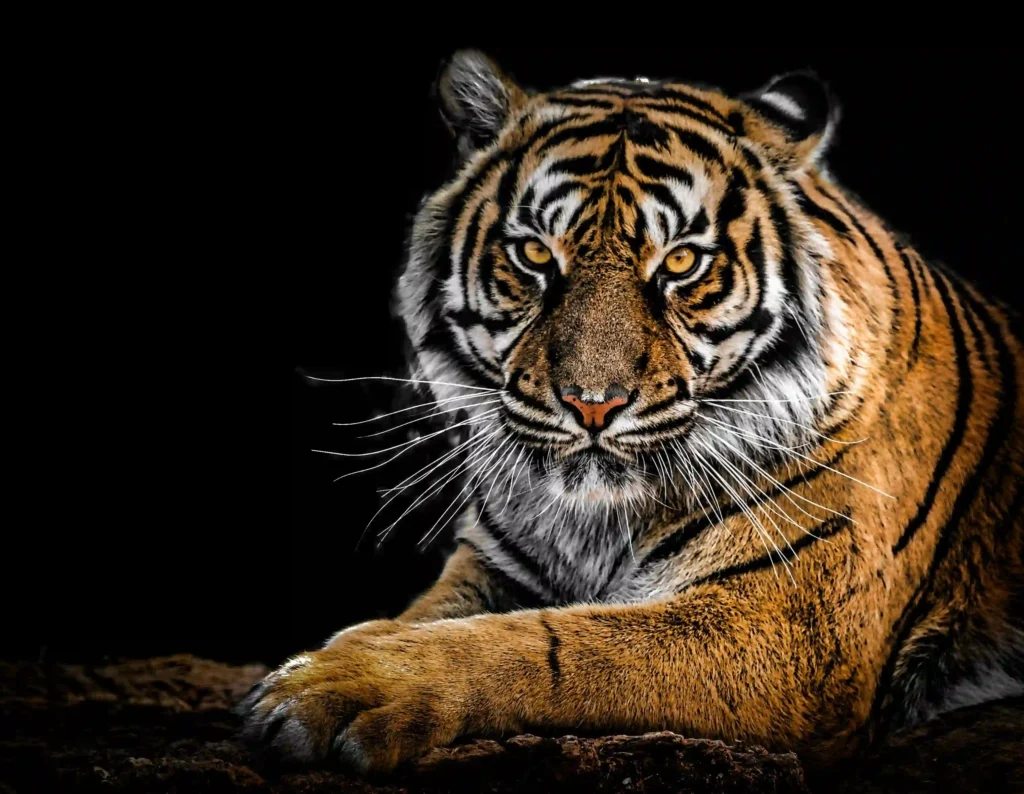How Long Do Animals Live on Average? A Guide to Animal Lifespans

When we think about the animal kingdom, one of the most fascinating questions is: how long do animals live on average? What kills some insects in one day, gives centuries to some whales. The knowledge of the longevity of animals teaches us about evolution, survival, and even human health.
There are average lifespans of living things, longest-lived animals on Earth and shortest-lived animals on Earth, or simply said, in this article we will examine what is different about the since there exist average lifespans of living things.
Table of Contents
🧬 What Determines an Animal’s Lifespan?
Before we begin to consider numbers we must be acquainted with the chief causes which cause animals to live longer or shorter:
- Genetics: Some species are modified to make them more long-lived.
- Size: Larger creatures tend to have longer lives than smaller ones.
- Environment: Predators, food, and climate are all important.
- Captivity vs. Wild: Many animals live longer in prison than they would as wild animals due to receiving nurturing and avoiding animal attacks.
- Reproduction trade-offs: Species that reproduce rapidly are typically short-lived.
🐜 Short-Lived Animals
Some wildlife does pass away very fast.
- Mayflies: Not until adult only 24 hours later.
- Fruity flies: Life expectancy at room temperature is 30 to 50 days.
- Mice and hamsters: Approx 2-3 years.
👉 The reason behind these short lives lies in them reproducing quickly and being easy prey to predators.
🐕 Medium‑Lived Animals
This group includes many pets and farm animals.
- Dogs: Between 10-13 years; Small dogs have a longer life span than their large counterparts.
- cats: average life span is 12-18, some to 20.
- Cows: These estimates are indicative of Assumptions About 15-20 good conditions under the Contemporary year.
- Pigs: 10–15 years.
- Deer: 10–15 years in the wild.
- Wolves: 6 to 8 years, captivity up to 16.
These lifespans are affected by human care, environment and genes.
🦜 Long‑Lived Animals
These animals are long-lived.
- Parrots: Parrots live many 50-80 years; macaws may live to 100 or more.
- Albatross: Up to 60 years.
- Tortoises: Giant tortoises may live 100-150 years.
- Crocodiles: 70–100 years on average.
- Elephants: 60–70 years in the wild.
They breed gradually and invest more in remaining, which contributes to a long life.
🐋 Record‑Breaking Lifespans
A few species even exceed expectation.
- Bowhead whale: Oldest mammal 200 years or older.
- Greenland shark: The oldest vertebrate is the Greenland shark, with an estimated life expectancy of 250-400 years.
- Ocean quahog clam: One was 507 years old.
These animals can survive in cold, stagnant waters that delay aging.
🏞️ Lifespan in the Wild vs. Captivity
- Wild animals, under the influence of predators, illness and starvation, live relatively few years.
- Caged animals have a longer lifespan due to the consistency of food, treatment, and security.
- Example: Lions have a least life span of 10-14 years in the wild, 20 years in captivity.
Longevity of an animal is highly dependent on the environment.
🌍 What Lifespan Teaches Us About Evolution
The evolutionary trade-offs in life expectancy are interesting:
- The insects, which are short-lived species, reproduce fast in order to survive.
- Long-lived species such as whales and tortoises breed very slowly yet devote much attention to each offspring.
- Human is the intermediary; modern medicine has increased our average life.
📊 Average Lifespans of Common Animals (Quick Reference Table)
| Animal | Average Lifespan | Notes |
| Mayfly | 24 hours | Shortest lifespan |
| Mouse | 2–3 years | Small rodent |
| Dog | 10–13 years | Varies by breed |
| Cat | 12–18 years | Indoor cats live longer |
| Cow | 15–20 years | Farm animal |
| Parrot | 50–80 years | Some exceed 100 |
| Elephant | 60–70 years | Longest-lived land mammal |
| Tortoise | 100–150 years | Giant tortoises |
| Bowhead whale | 200+ years | Longest-lived mammal |
| Greenland shark | 250–400 years | Longest-lived vertebrate |
| Ocean quahog clam | 500+ years | Longest-lived animal overall |
📝 Conclusion
So, how long do animals live on average? The question is answered by the species, the habitat in which they exist, and their evolutionary plan. With the one-day mayfly and the long-lived Greenland shark, the scope of lifespan in the animal kingdom is astonishing.
It is not only by studying the lifespan of animals that we understand how wonderful nature is, but also that it helps us understand how to survive, procreate and live a long life. Remember that your dog that is ten years old or the whale that is well over 200-years-old both have a story of adaptation and strength when it comes to their lifespan.